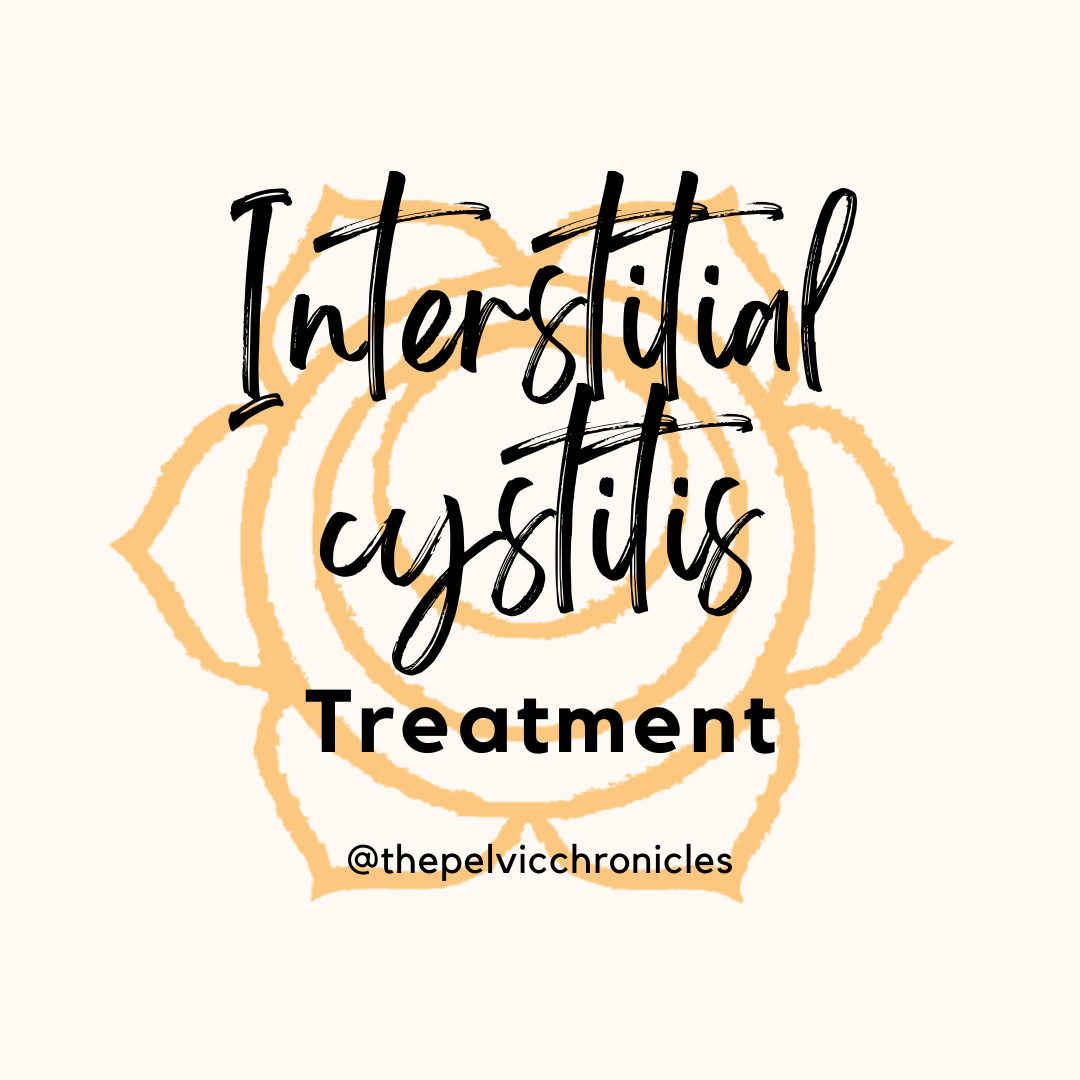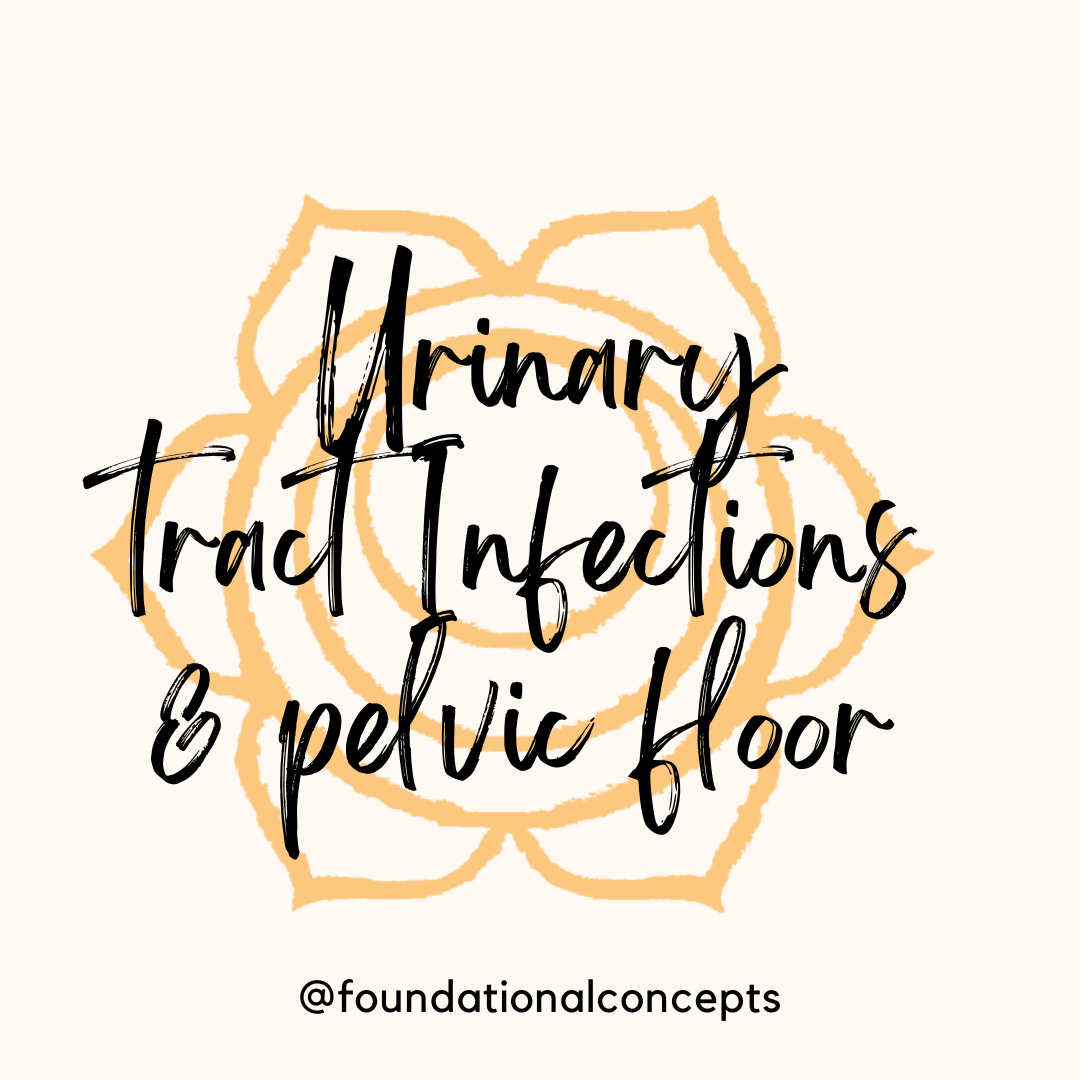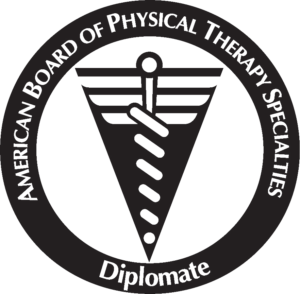When you eat or drink something that your bladder is sensitive to, it can cause…

Interstitial Cystitis: Treatment
Last week we discussed the “what’s” of IC. This week I would like to talk about “how’s” specifically how to manage IC. This is a very individualized approach, as each person with IC has varying symptoms and overlapping conditions. It is important to understand there is no one specific mode of treatment that works for everyone. That is what makes it a difficult diagnosis to care for. However, do not worry that “there is no help” because there is! There are many factors that can be addressed to help, and all these factors will contribute to overall improvement in symptoms.
First, I want to discuss lifestyle factors that need to be addressed, and then I will talk more about pelvic physical therapy and how it is helpful.
If you have not already heard, stress is bad. Stress is also part of life. We have ups and we have downs when it comes to stress. We have things that cause good stress like working to grow a business or rushing to get to your child’s performance. We have many things that cause bad stress, an unhealthy relationship, working too many hours, financial strains or having to take off work due to pain or illness. Whatever stress comes our way, we must utilize tools to manage it. This does not mean you have some magic wand to wave it away. It means you have strategies you consistently use to calm your body.
Some tools for this are meditation, mindfulness, aerobic exercise, breathing exercises, and journaling. This is not an exhaustive list, but many ideas that when done consistently, meaning daily can really help to lower blood pressure, improve heart rate variability, decrease inflammation, decrease adrenocortical activity (stress response), and improve autonomic nervous system function. All of these add up your body’s ability to deal with the stress response in a healthy way, rather than remain stuck in a stress response. This is “fight or flight” and when you remain here for a long time it can wreak havoc on your systems and your body’s physiology. It is no good. Utilizing just breath practice for 10 minutes daily can be a huge help.
Nutrition is another key factor in reducing inflammation, keeping hormones in balance, keeping gut and brain healthy, and overall well-being. This could be an entire blog series, but for this blog I will just say that it is important to eat whole foods. It is important to avoid processed foods. It is important to buy organic when you can and non-GMO as well. You should try your best to avoid seed oils (soybean, sunflower, safflower, cottonseed, corn, canola) and replace with olive oil, avocado oil, coconut oil. You should buy organic or grass-fed meat when you are able.
With regards to IC, I have found the best action item is finding an elimination diet, and examining what foods seem to bother the individual person. Our sensitivities can change as we age, and so foods that you have eaten your whole life may become triggers for inflammation. There are known foods that trigger symptoms in many people with IC. These are: Citrus fruits, tomatoes, horseradish, vinegar, pepper, glutamate, artificial and nutritive sweeteners, plus tea, coffee, carbonated drinks, liquor, and spicy foods; also, not an exhaustive list. See what triggers your individual symptoms and avoid that.
Sleep is an important restorative activity for our bodies. If you are not sleeping well, it is important to talk with your doctor about this, and to take some simple steps to see if some behaviors can improve your sleep. Stop screen time 1 hour before bed. That includes TV, computers, phones, iPad. Take a hot shower within that hour window. Sleep in a cool temperature, 60-67 degrees. Do not eat after dinner. Do not drink alcohol or caffeine 1-2 hours before bedtime and limit alcohol it to 1-2 drinks.
Environmental toxins are everywhere. WE cannot avoid them, but we can do some things to reduce our exposure to them. These toxins are absorbed and processed through our gut and urinary tract, thus impacting conditions like IC and IBS. Here are some tips for reducing your exposure:
- Live near green space/ natural environments or seek them out if you live in the city.
- Keep plants in your home.
- Use the EWG healthy cleaning products guide. https://www.ewg.org/areas-focus/household-consumer-products
- Reduce your exposure to pesticides – follow the EWG Dirty Dozen &
Clean Fifteen guide https://www.ewg.org/foodnews/
- Avoid plastic containers and switch to items made of glass, porcelain, or stainless steel, including
cups, containers, water bottles, travel mugs, and baby bottles.
- Exercise regularly: sweating has been known to support liver and kidney
detoxification.
If you are starting to notice an overlap, excellent job. All these items have similar recommendations: exercise, eat healthy, drink healthy, avoid toxins, get sleep, and manage stress!!
The last item on the list if pelvic physical therapy. The pain and inflammation as well as urinary symptoms that arise with IC cause the muscle in the pelvic girdle to modify their activity. This means too much tension and guarding. This also leads to compensation in other muscles that work alongside the pelvic floor, like your abdominal muscles, your spinal muscles, and hip musculature. This is where PT come in.
In Pelvic Physical Therapy, we discuss behavior tools for bowel and bladder, nutrition, stress management and general health. We will assess your entire body to determine where we need to focus to restore proper function from head to toe! We will assess the pelvic floor musculature to determine your muscle tone (tension or spasm), strength, and coordination. The pelvic floor is not the only answer to addressing the pain and dysfunction of IC. It works in conjunction with your entire body and depends on a healthy nervous system, immune system, hormonal system, and GI/urinary system. So, to come full circle, all the things we discussed contribute to all the symptoms and healing from inflammatory disorders like IC.
So, the take home shoulder be to look for a pelvic PT who can help you find an individualized program for you specifically that includes the whole body, not just the pelvic floor. Look at your diet, fluid intake, sleep, stress, and exercise habits and see where you can make minor changes to improve these. At Foundational Concepts we collaborate with many providers and can help you find a physician, counselor, nutritionist or other alternative care providers who have experience with IC and the conditions that tend to present with it.




